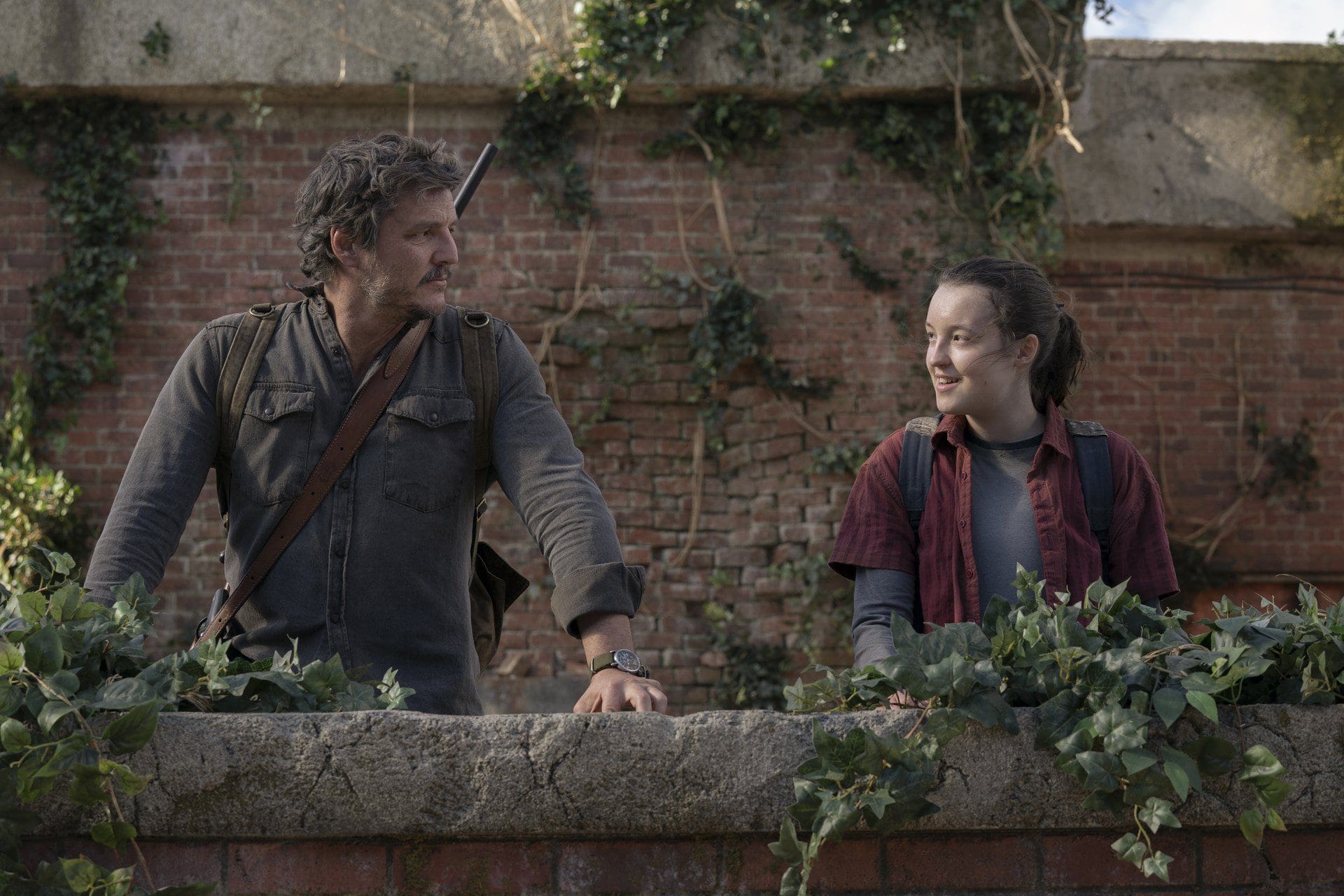
I’ve played both Last Of Us games on numerous occasions (the second in particular), so it was a little uncanny when Ellie’s video game voice came out of TV show Ellie’s Mom, Anna. Ashley Johnson appears in the finale’s prologue, which shows the birth of our foul mouthed hero. This familiarity, the old, creating something new comes full circle with this finale, where the new illuminates the old foundation, and in doing so, affirms a quote from Joel in The Last Of Us Part II.
“If somehow the lord gave me a second chance at that moment…I would do it ALL over again.”
The decision he stands by is from the original game, and was adapted to screen for the season finale.
This first season was full of simple but essential divergences, embracing the opportunities the new medium afforded the story, but the foundation of the story remained the same. The way the sixth episode diverges from Joel and Ellie’s argument through Joel’s newfound vulnerability, only to conclude the argument with the same dialogue and suppressive malice from the video game, felt like the most potent testament to this.
It’s not just effective but it’s an essentially new path that illuminates the old foundation, and this new path highlights how essential the original ending is. For both stories, both mediums, the ending is a paradigm shift. While theories abound (that I also engaged in) that they might change Joel’s decision somehow, that they might throw in a new obstacle, do anything so different, to do so would try to shift the paradigm of that paradigm shift. It would be subversion for its own sake. Redundant, contrived, and wholly unnecessary.
When Joel makes this decision in the first game, the player must play it out, give it life through action, and utilize his senses they are capable of controlling. In the finale, we are not in control of Joel, and so we are more or less deprived of his senses. The sound, the music, and the montage of images will wash over the audience, and impressionistically, subjectively convey the objective, destined certainty of his decision.
This destined certainty of Joel’s decision, crossing over from one medium to another, was the best way to establish the words of Troy Baker’s Joel through Pedro Pascal’s.
That, come what may (and much will come), he would do it, all over again.

